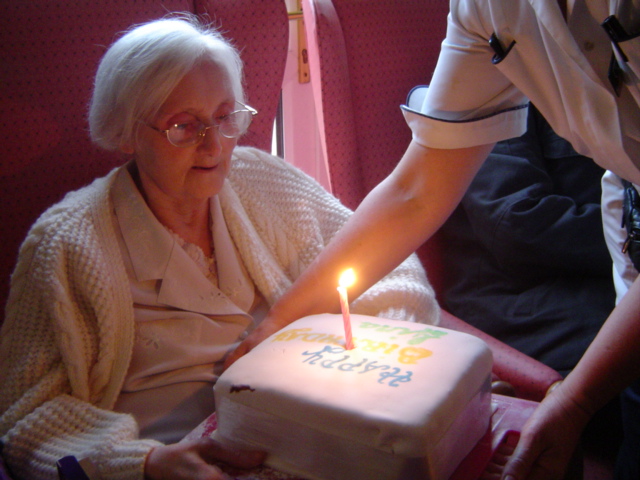By Zafarul Azam Alzheimer is ultimately a fatal disease that erases memories and destroys mental and physical capacity. CDC in a recent report identifies it as the 6th leading cause of deaths in the US, responsible for 3.6% of all deaths in 2014. The report also found the death rate for Alzheimer’...
By Zafarul Azam
Alzheimer is ultimately a fatal disease that erases memories and destroys mental and physical capacity. CDC in a recent report identifies it as the 6th leading cause of deaths in the US, responsible for 3.6% of all deaths in 2014. The report also found the death rate for Alzheimer’s climbed to over 55% from 1999 to 2014. The numbers afflicted with this disease will continue to rise three folds over to 16 million in the next 30 years, if left unchecked.
Alzheimer’s deaths are an indicator of the caregiver burden as nearly everyone in the final stages of Alzheimer’s needs constant care. Alzheimer related deaths at home increased from about 1 in 7 in 1999 to 1 in 4 in 2014. If this trend continues, those dying from these diseases will be 1 in every 3 at home with a care giver and hospice support.
Taking care of a dying loved one who doesn’t recognize you or exhibits trust in you, can be a terrible experience for the one providing the care. While the caregivers might benefit from education, respite care, and case management that lessens the burden, the experience leaves you in awe beneath its destructive power of this wretched disease. I know, because I experienced it three years ago taking care of my father (with a lot of help from my siblings, my wife and my family). I also had daily help from Kay, a caregiver who had previously taken care of Alzheimer and Dementia patients. She gave him the utmost care and respect that even loved ones sometimes fail to show, making herself available at odd hours and on short notice, with a constant smile on her face for papa, who passed away on August 9, 2016.
The nature of this disease takes away the ability to talk, express, recognize, eat, drink and all the characteristics that make us human. It tears you apart when you see those blank eyes looking at you, with distrust as a stranger, every time you face them (I even tried wearing a nametag for days to help him recognize me). It breaks your heart, hourly and daily, to see your loved one, who has spent their productive life providing love, shelter, help, guidance and care to so many people, now not being able to express a basic need or point to a pain or ailment. You just cannot imagine what they are going through if Alzheimer hasn’t taken, that one critical function of thought away from them.
While, I am no expert in this area, I humbly list my takeaways for caring for those suffering from Dementia and Alzheimer’s.
1) The person is the same, their history with you is still the same, what they meant to you and what they did for you will never change, even though they may not recall it or recognize you, ever again!
2) In earlier stages, when they still have some ability to speak, don’t try to complete their sentences. Don’t ask them to repeat what they tried to express. Try to understand by extrapolating what they may be trying to say.
3) Set a time table for them, to your convenience, as you will have to follow it every day for the rest of their lives.
4) Have them at a familiar place, do not change locations. Familiarity to surroundings and people around them helps them remain uncluttered mentally.
5) Talk to them normally, without raising your voice, in short clear sentences, repeating those as needed.
6) Have a “Kay” around to get you away from the repetitive nature of the care you have to do on a daily basis.
7) Don’t take things personally, read 1) above, again.

